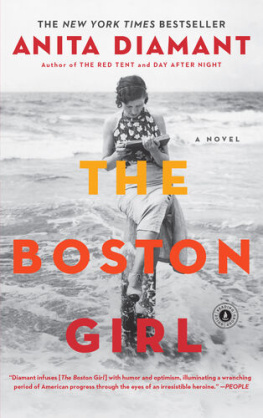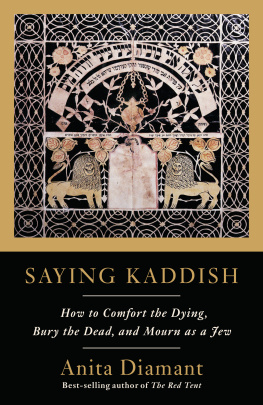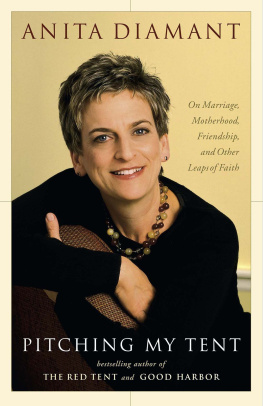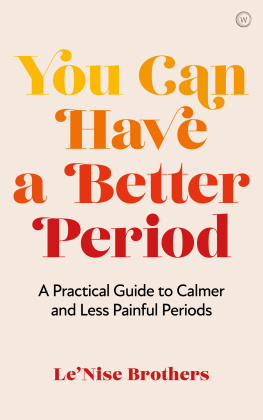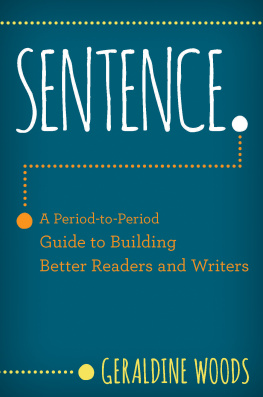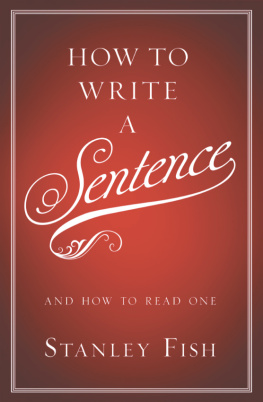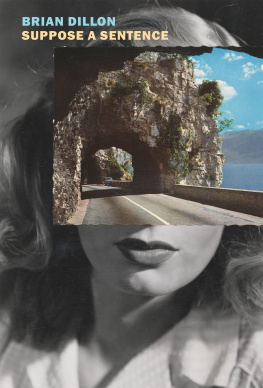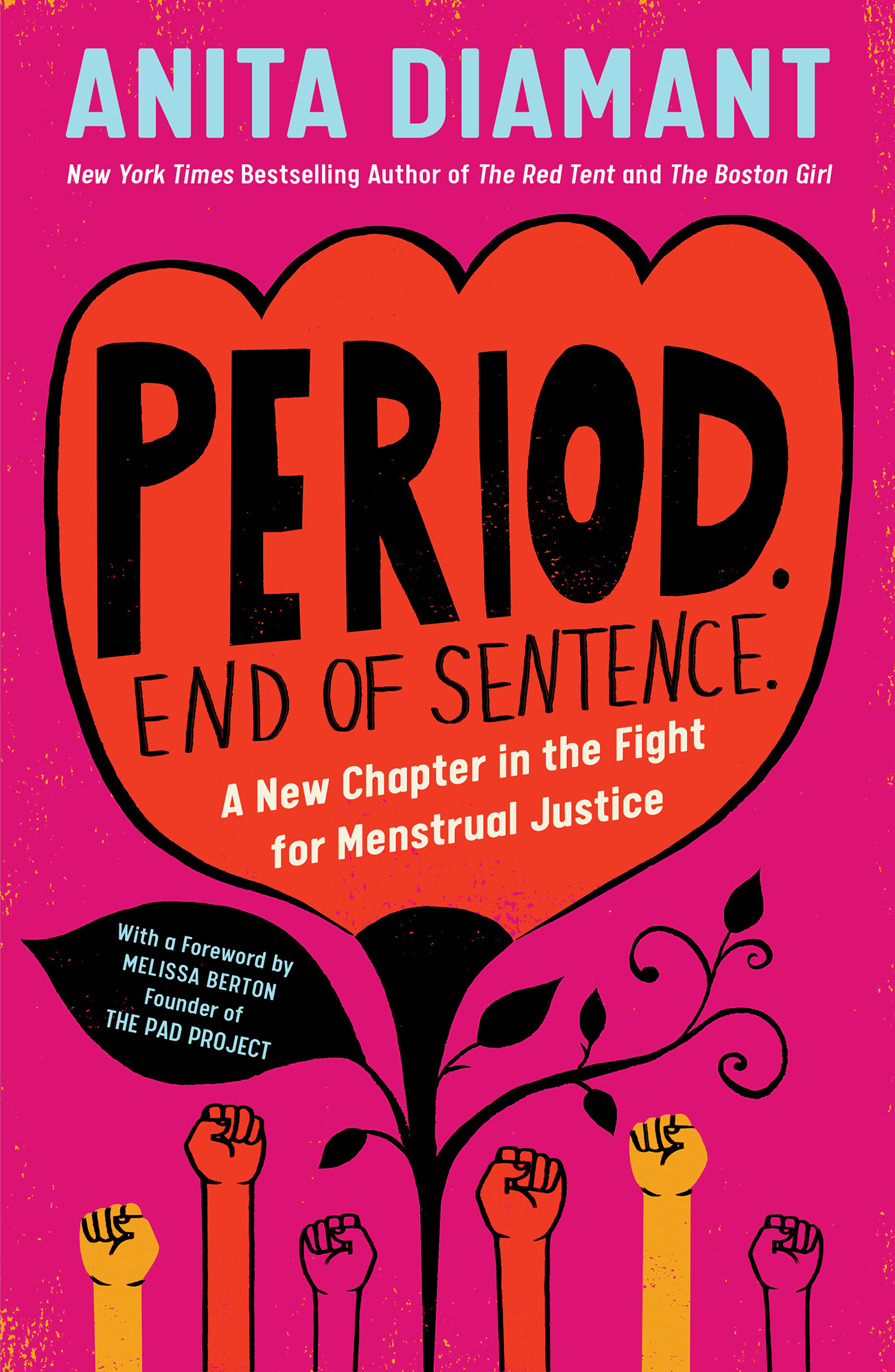Period. End of Sentence.

Menstruating women dancing.
Ancient rock art painting from the Pilbara region, in northwestern Australia.
Thank you for downloading this Simon & Schuster ebook.
Get a FREE ebook when you join our mailing list. Plus, get updates on new releases, deals, recommended reads, and more from Simon & Schuster. Click below to sign up and see terms and conditions.
CLICK HERE TO SIGN UP
Already a subscriber? Provide your email again so we can register this ebook and send you more of what you like to read. You will continue to receive exclusive offers in your inbox.
For the spectacular young people who are making the change
poem in praise of menstruation
if there is a river
more beautiful than this
bright as the blood
red edge of the moon if
there is a river
more faithful than this
returning each month
to the same delta if there
is a river
braver than this
coming and coming in a surge
of passion, of pain if there is
a river
more ancient than this
daughter of eve
mother of cain and of abel if there is in
the universe such a river if
there is some where water
more powerful than this wild
water
pray that it flows also
through animals
beautiful and faithful and ancient
and female and brave
Lucille Clifton
Foreword
W hat can we make of messesof menses? When my daughter, Helen, late to develop as I had been, got her first real period at sixteen, she was cramming for a midterm in the middle seat of the middle row of a large airliner, where she was traveling with me and four of my high school students to New York City to attend the Annual Commission on the Status of Women at the United Nations. She was starting to unbuckle herself when the seat belt sign turned red. I was struggling with my own inner turbulence. What qualified me to be the faculty advisor for this student delegation to the UN? I held no degree in political science or gender studies. I wasand still aman English teacher. I traffic (or so I scolded myself) in poetry, not policy! Finally, the seat belt light flashed off. By the time of Helens third trip to the restroom, her friends, seated in the rows behind us, nodded knowingly and handed her tampons, pads, and a packet of Midol as she made her way down the aisle. A change of clothes was in her carry-on. Periods are messyand so, the saying goes, is life.
The next wintry morning, in an overheated, overcrowded conference room, my students and I first learned about period poverty, a phrase that would not come into vogue until years later. Period poverty is the lack of access to menstrual products, to clean and safe toilets, to handwashing facilities and waste disposal, and to education about reproductive biology. As a consequence of period poverty, girls around the world, in high-income as well as in low-income countries, miss school when they are menstruating. Some quit school entirely. Surely it is the presence of patriarchy, not the absence of products, that prioritizes the fathers house (then the husbands house) above the schoolhouse, but the practical need for pads was something my students and I could understand and act upon.
That afternoon, at a sparsely populated parallel event, we heard about Arunachalam Muruganantham, the Indian inventor whose manual pad machine would not only manufacture low-cost, hygienic pads from locally sourced materials but could also spur a microenterprise for the women engaged in the pads production and distribution. And nearing midnight that same day, in a hotel room littered with empty pizza boxes, half-emptied suitcases, and scattered toiletries, my students and I determined that we would fund-raise to send one of Murugananthams machines to our partner community in northern India, and that we would document the process on film. At the time that we embarked on what would become a six-year journey to create The Pad Project nonprofit organization and to complete the film Period. End of Sentence., we had no preparation, no plan, no path. What we did have was a group of committed young women who believed with all their hearts that periods should not shut doors to dreams but open them to adulthood in all its opportunities.
Our gumption, we must acknowledge, grew in large measure because we passed through doorways that, for us, privilege had already opened. Our initial team of five was white, from multigenerational college families, and not one of us had ever struggled to buy a box of pads. And yet we met red lights. Turns out, centuries old stigma doesnt shed as readily as uterine lining. We learned anew that periods were not a polite topic for conversationmuch less a documentary. We dug in and gathered strength from the pioneering womens health and human rights activists who came before us, and who make us better every day. The Pad Projects own seedlings took root in relationships with the Oakwood School, Girls Learn International, and Action India: three collaborators without whose foundational soil, water, and sunlight our efforts might never have borne fruit.
The Oakwood School prepared the soil. Founded in 1951, Oakwood, an independent, coeducational K12 school in North Hollywood, pledges as part of its Statement of Philosophy to cultivate depth of character; and to instill a lifelong commitment to social justice. Still, having taught at other schools whose motivational talk didnt always match their walk, I did not take it for granted that, when the students and I presented a plan that would require the school to go public about periods, we would be taken seriously. But the headmaster, administrators, and fellow teachers (a majority of whom were men) all pitched in to help. Our student group grew larger, bake sales blossomed into Kickstarter campaigns, and high schoolers led the way as parents, inspired by their daughters passion, lent their skills to the cause. Family members became mentors, movie producers, legal advisors, accountants, and (when team tensions ran high) social workers. Together, we flew by the seat of our collective pants to secure our maverick director (herself only a few years older than the students); our magnificent Indian production team, Sikhya Entertainment; and the mound of paperwork required to earn The Pad Projects designation as an official 501(c)3 nonprofit.
Girls Learn International provided the water. Founded in 2003, Girls Learn International (GLI), a program of the Feminist Majority Foundation, conducts its work on the principle that humanitarianism has no minimum age requirement and that global youth, in particular girls, have a crucial role to play in leading the movement for universal education. GLI not only facilitated Oakwoods student delegation to the United Nations but also introduced us to Action India, GLIs first international chapter. I remember bursting into the Feminist Majority Foundations office in Los Angeles and excitedly explaining the idea for the documentary when their executive director stopped me. She reached into her drawer to hand me a sample pad from Murugananthams machine, and then behind her desk to pull a copy of Anita Diamants

